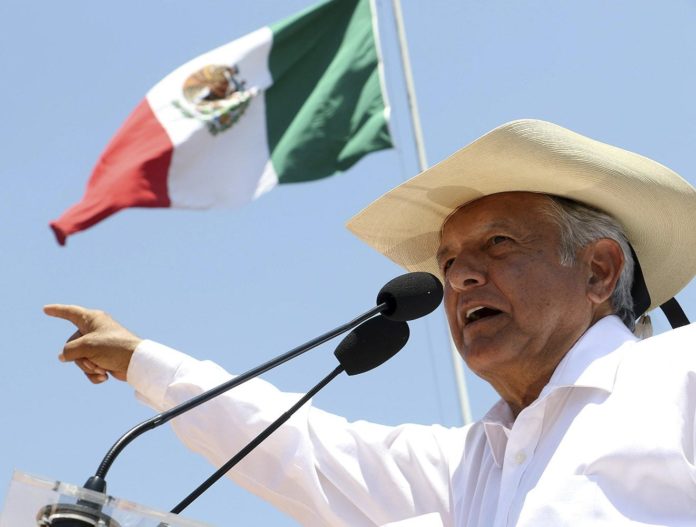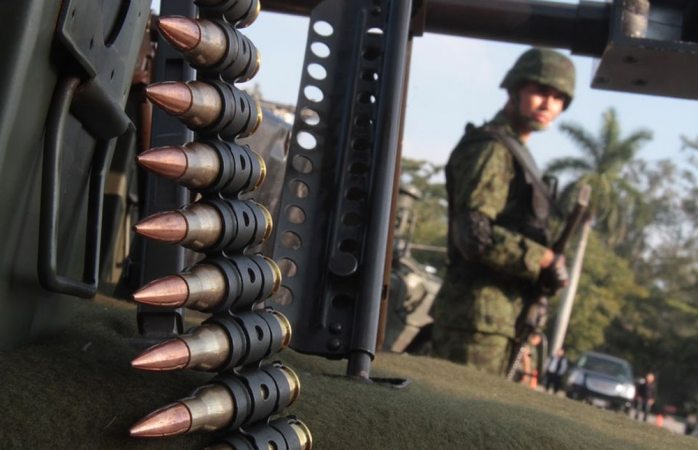
Mexico rejects US drug war aid
Mexico’s new populist president, Andres Manuel Lopez Obrador, announced that he is dropping out of the regional US-led drug enforcement pact, and will be turning down the aid package offered through the program, known as the Merida Initiative. “We don’t want armed helicopters,” he said, addressing Washington. Instead, he is proposing a dialogue with Washington on across-the-board drug decriminalization in both nations. Mexican lawmakers say they will pass a cannabis legalization bill by the end of the year. (Photo: El Txoro)



